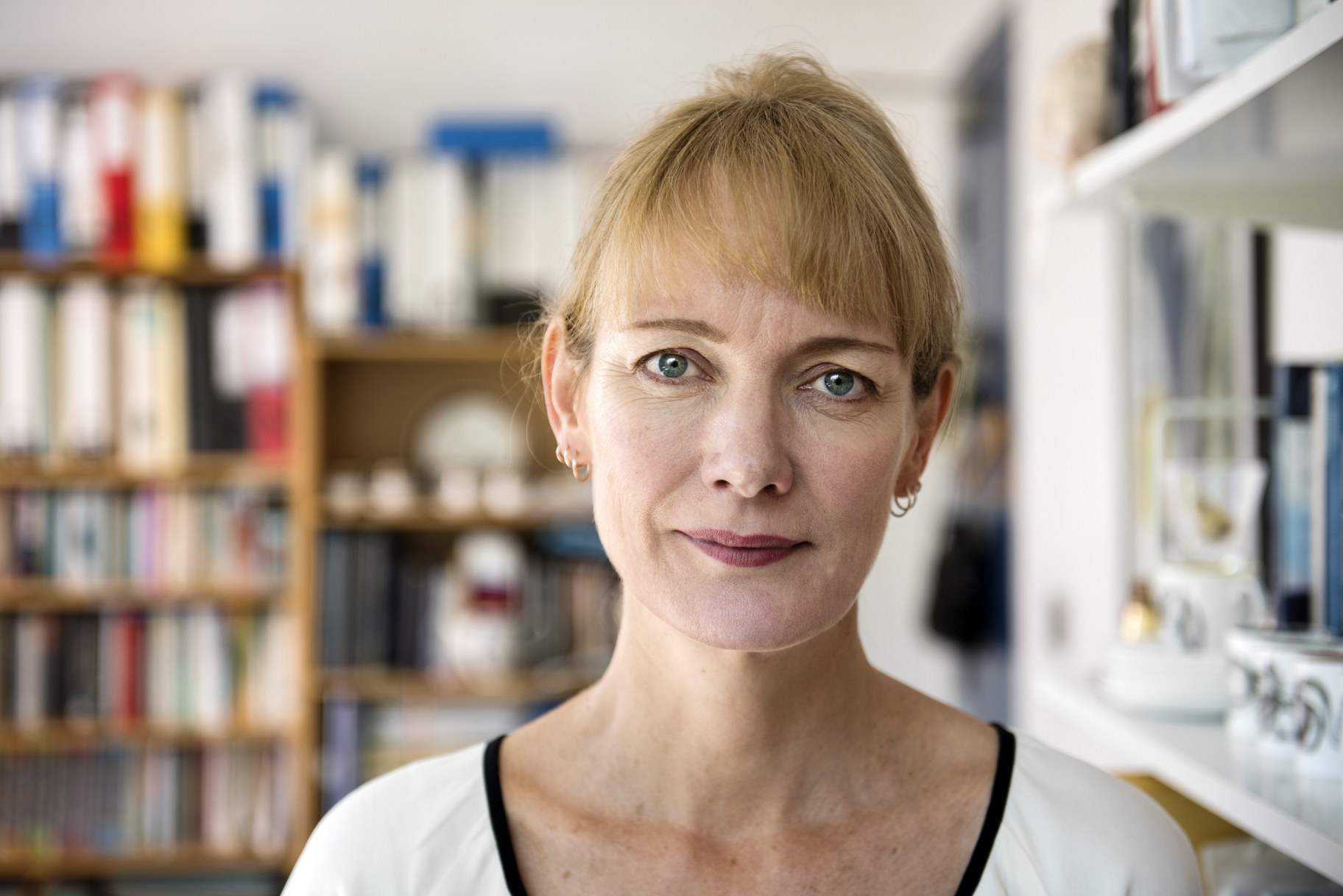The history of autism as a collection of traits remains relatively new. In 1943 Austrian-American scientist Leo Kanner was the first to clearly define autism in children. A year later pediatrician Hans Asperger in Vienna also described similar traits in children at his clinic but nearly two decades earlier it was a Russian doctor, Grunya Sukhareva who first described children with autism in the 1920’s.
As the research into autism continues, there’s still much scientists are still discovering about how the brain works and why autism arises.
Most notable, is that autism is now viewed on a broader spectrum and is frequently overshadowed by other disorders like ADHD, OCD, depression, even anorexia. Many people are discovering that they are autistic later in life.
So does the increase in autism diagnosis mean that autism is on the rise?
Jonathan Bastian talks with Francesca Happe, Professor of Cognitive Neuroscience at King's College in London about how the research advanced to better understand what it means to be autistic?

“Trying to cure somebody's autism is very much as psychiatrists maybe, in the last century thought they should cure people's homosexuality. Their autism is part of who they are and it's not a disease, it's a different way of being,” says Francesca Happe. Photo by Linda Nylind
Happe explains one reason that girls and women were historically underdiagnosed; “Autistic women work very hard to appear neurotypical non autistic, often because they've been bullied or ostracized because of their autistic behaviors,’ says Happe. “They might, for example, pick a woman in their workplace who seems to be socially successful, and copy everything about her how she walks, how she talks, what she talks about, how she does her hair, her makeup, what she wears, and that's their way of trying to mask so that they won't attract negative attention.”
Asked whether society is becoming more accepting and accommodating of neuro-divergence, Happe says not yet; “we are not doing a good enough job at being accepting, really accepting of neuro divergence because autistic people shouldn't have to be non authentic, “ says Happe. “We all have different ways of behaving for different settings; in a job interview, I'll behave differently from how I will with my family, but I can do that without feeling that erodes my sense of self, whereas autistic people clearly have had such negative experiences of being identified as autistic, that they feel that they just can't be their real self.”
Delve deeper into life, philosophy, and what makes us human by joining the Life Examined discussion group on Facebook.
